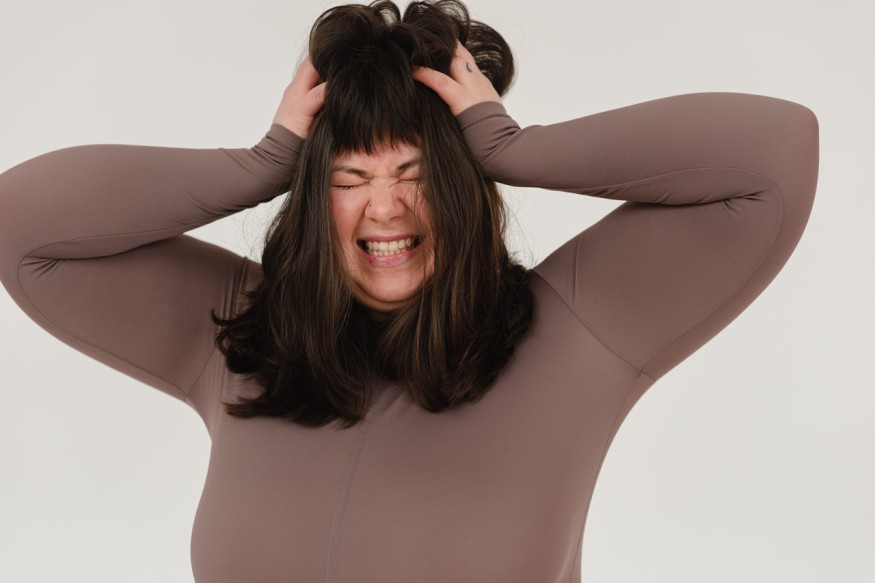Eczema or atopic dermatitis is a type of inflammatory condition that impacts the skin. It is a common irritation that could cause itchy, dry, and patchy skin. People and other eczema patients could evade the impacts of the skin condition due to the relief from the heat that the natural sunlight provides. Most people suffer from eczema flare-up during winter, specifically during the last quarter of the year and the first quarter of the following year.
What is Eczema and How to Prevent Flare-Ups

The Nimmo Clinic aesthetics expert and founder Martin Nimmo said in a Metro report that the natural drier air commonly causes eczema during the cold season. The expert said that eczema is usually observed to have a worse effect on people during winter due to the uneasy transitions that the skin goes through. The condition shows up whenever the system present in the skin is being challenged to hydrate the over all flesh and is induced by indoor heating. The absence of humidity that the skin requires most frequently leads to water loss and drier skin when the temperature is produced through artificial indoor heating.
Skin must be treated during summer to avoid mild to severe effects brought by eczema flare-ups. Nimmo said that keeping the body hydrated is the best way to combat the skin condition. The expert also emphasized that, under hydration, alcohol intake should be monitored, especially that the season is full of booze-plenty vacations and gatherings. Another tip that Nimmo mentioned is maintaining vitamin D supplementation and refraining from excessive soaking time from hot temperatures such as hot showers and sauna during these cold months.
Identifying irritants could be helpful against eczema flare-ups during the winter season. Through this approach, people could prevent the rash from inflicting more damage to the skin. Rinsing the skin that was targeted by the irritation before the sensation hits is one possible solution. Anti-irritation solutions such as barrier cream or emollient could also be helpful.
ALSO READ : Zinc Dietary Supplement May Help Ease Initial Sign of Common Cold, Lessen Respiratory Tract Infection
Winter Inflammation Induced by Stress
Water exposure can enhance the drying of the skin in an environment that has lower temperatures. Any chemical product, from soap to alcohol hand sanitizer, could increase the risk of dryer skin. Medical News Today reported that fragrance-free products could avoid the skin, especially the sensitive ones, from any chemical burns and extreme dryness. Moisturizing right after any contact with water could also make the skin safe.
A study published in the journal Annals of Allergy, Asthma & Immunology, titled "Association of itch triggers with atopic dermatitis severity and course in adults," shows an overlooked factor contributing to itchiness and irritation. Among the collective subjects examined, 35.4 percent are triggered by stress. The research concluded that stress is indeed a significant factor that takes an inflammation to higher levels. And since eczema is a type of dermatological irritation, stress could also be responsible for inducing the condition. Relaxation and minimizing the daily tasks to a specific cap could normalize the stress levels. Stress-relieving activities could also reduce agitation, preventing a further input to mild to severe eczema flare-ups.
Read also: AHA 2021 Food Guide: Diet for a Healthy Heart Could Be Adapted from a Personal Eating Habit
Check out more news and information on Medicine and Health in Science Times.
© 2026 ScienceTimes.com All rights reserved. Do not reproduce without permission. The window to the world of Science Times.











